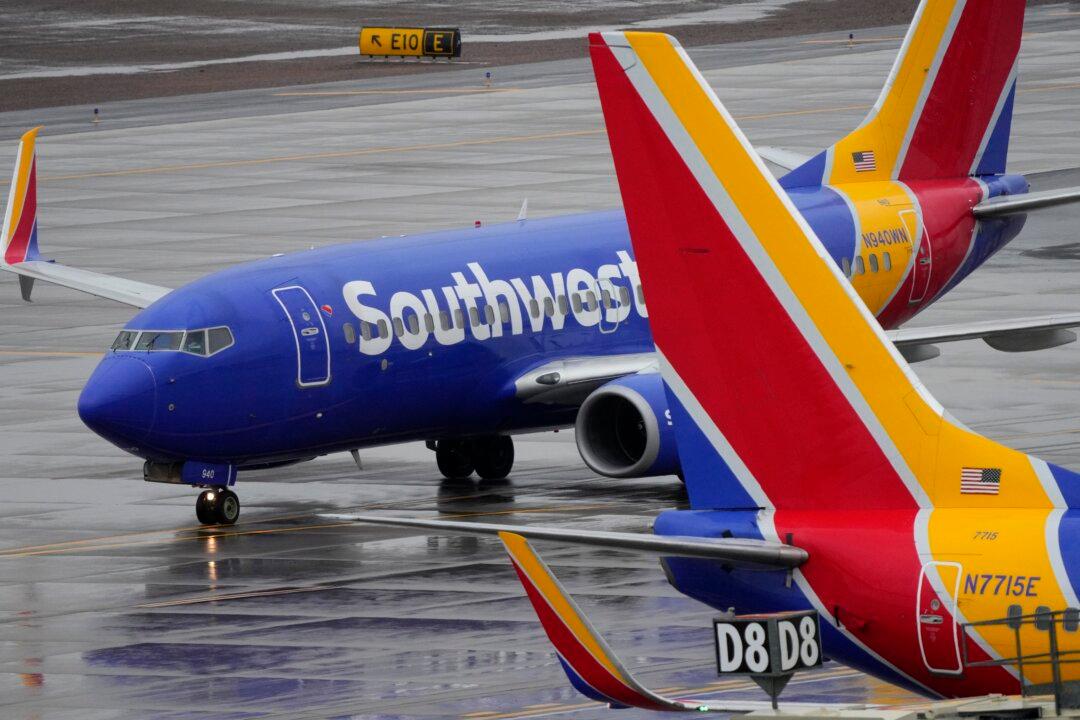Close to 12,000 flights in the United States were delayed or canceled on Jan. 16 as severe winter weather across the country disrupted flight operations.
2,472 flights within, into, or out of the United States were canceled on Tuesday, according to data from FlightAware. This followed 3,346 cancellations on Monday, which was the highest number of flight cancellations since the Southwest meltdown in 2022.





